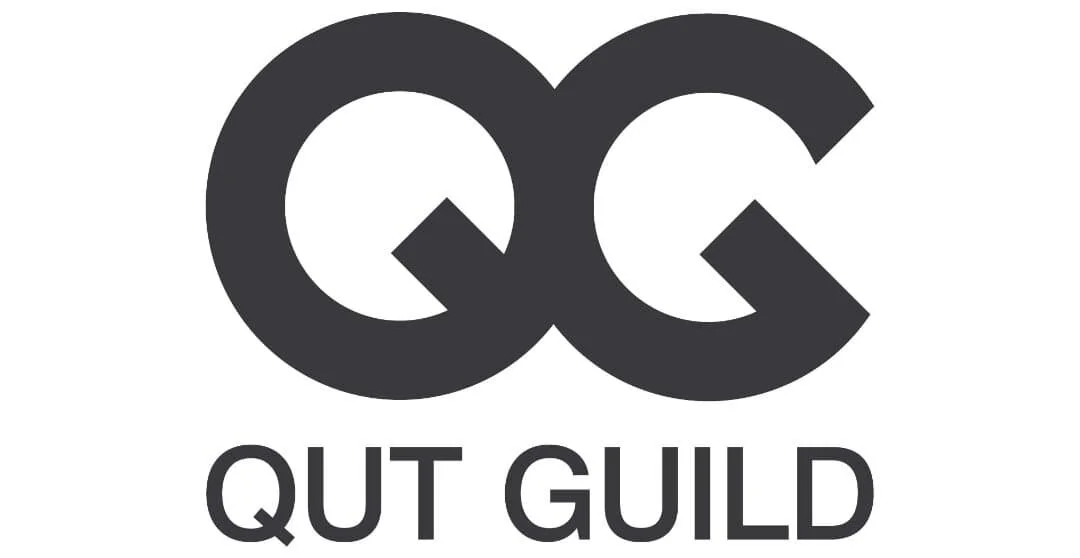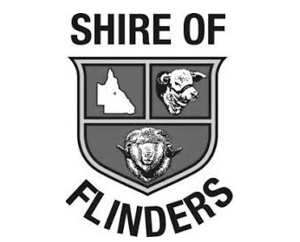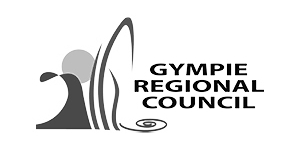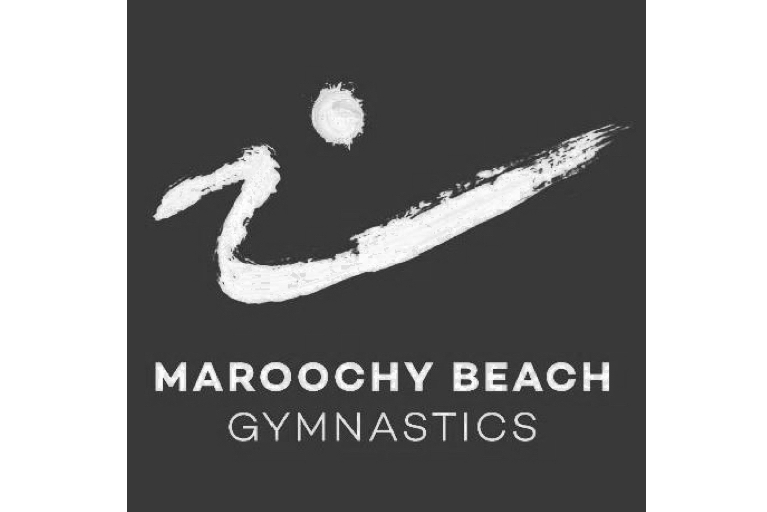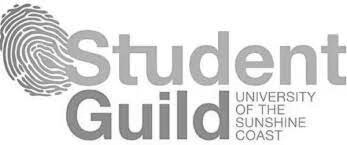How do you poach a jock?
In this episode of Basket Case Clubs, Michael and Steve discuss how to poach your jocks… This isn’t about washing your undies in hot water, but rather how school sporting associations in Brisbane have been dealing with athlete poaching between schools, and more importantly, how committee members need to bring their business smarts to their volunteer roles in sport.
Recent news articles exposed that elite school sporting associations in Brisbane have been quietly offering enticing sporting scholarships, not only to the gifted athletes, but also to their siblings, to entice talented sports stars to move schools.
While this tactic has been going on for years, the recent articles in the Courier Mail served as reminders of the range of issues surrounding how ethical it is to poach young talented athletes. What is important to keep in mind is that each student is not just a star athlete or captain of a school’s premier team. These students are also likely to be ingrained in their school’s community, by perhaps captaining the chess team, being the first chair violinist in the orchestra, participating in regular volunteer fundraising, and the list can go on.
But the subject of Basket Case Clubs episode 36 was more about the behaviour of the management committees of the school sporting associations, GPS and AIC, that represent more than 20 of the most prestigious, not to mention expensive, schools in the region. What was clear in the articles, as well as some public correspondence between the associations, was that there was some very unsportsmanlike behaviour between the rival school sporting groups that was not representative of the very professional and business-minded principals who sit on their respective management committees.
When you’re on a committee, leave your business hat on! Consider your role as a committee or board member in an incorporated association, exactly the same way you do every other aspect of your life.
When we have started work with some clubs, it has felt like walking into an alternative reality. We have seen many great business people, for some reason, leave their business thinking at the door. The catch cries of, ‘...we are not-for-profit’, or ‘...we’re just volunteers’ seem to make people forget that their clubs are still businesses. When this happens, we’ve seen many great opportunities lost because, even though there is an array of brilliant minds on the committee, they have thought differently about their roles in their clubs than they do when at work.
One interesting example was a rugby league club that didn’t collect fees from its senior players, because they made enough income from one sponsor, the local pub, that they thought would cover all of the senior team’s playing expenses. Talk about putting all your eggs in one basket!
When the sponsor withdrew its support for the club when COVID hit the hospitality industry hard, the club was left with a shortfall, but most of the senior players refused to pay their fees. Instead of drawing a line in the sand, the club allowed the players to play the full season and the committee didn’t chase up the outstanding fees.
When the club’s financial situation became critical towards the end of the season, the committee made a decision that the senior players who still had outstanding fees only had to pay $60 to be eligible to attend the end-of-season awards night, instead of having to pay their entire outstanding fees. This had the effect of firstly leaving the club with a financial shortfall heading into the offseason, and secondly rewarding those players who didn’t pay their fees.
The takeaway from this story is that the committee comprised lots of small and medium business owners who had extensive experience in collecting debts and making sure invoices were paid. However, when they walked into the club committee room and made the decision that players only needed to pay a small proportion of their fees, they were clearly not wearing their business hats!
To run a successful and profitable club, or even a large school sporting association, you need to keep your business hat on to make smart decisions, just the same way you would if it was your own business!




